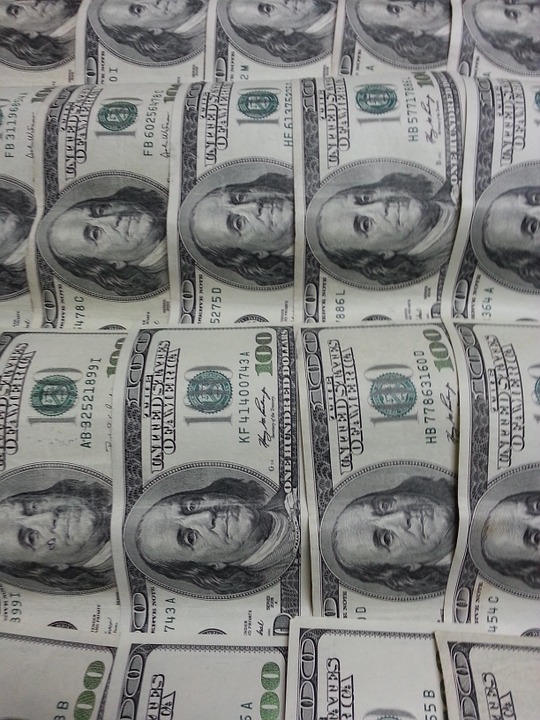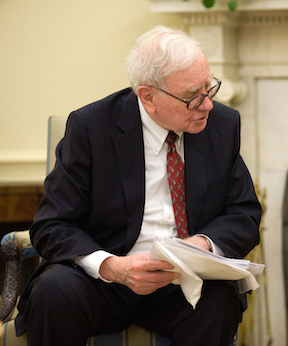Here is our latest update on the stock trading technique called ‘Buying Dividends,’ also commonly referred to as ‘Dividend Capture.’ This is the process of buying stocks before the ex dividend date and selling the stock shortly after the ex date at about the same price, yet still being entitled to the dividend.
This technique generally works only in bull markets, and can work in flat or choppy markets, but you need to avoid the technique during bear markets. In order to be entitled to the dividend, you have to buy the stock before the ex-dividend date, and you can’t sell the stock until after the ex date.
The actual dividend may not be paid for another few weeks. WallStreetNewsNetwork.com has compiled a downloadable and sortable list of the stocks going ex dividend in the near future. The list contains many dividend paying companies, lots with market caps over $500 million, and yields over 2%. Here are a few examples showing the stock symbol, the ex-dividend date, the quarterly dividend amount, and annual yield.
| Anthem, Inc. (ANTM) | 12/4/2017 | 0.7 | 1.14% |
| Kohl’s Corporation (KSS) | 12/5/2017 | 0.55 | 4.47 |
| Schlumberger N.V. (SLB) | 12/5/2017 | 0.5 | 3.09% |
| TiVo Corporation (TIVO) | 12/5/2017 | 0.18 | 3.05% |
| Best Buy Co., Inc. (BBY) | 12/6/2017 | 0.34 | 2.15% |
| Southwest Airlines (LUV) | 12/6/2017 | 0.125 | 0.71% |
The additional ex-dividend stocks can be found here at wstnn.com. (If you have been to the website before, and the latest link doesn’t show up, you may have to empty your cache.) If you like dividend stocks, you should check out some of the other high yield stock lists at WallStreetNewsNetwork.com or WStNN.com. Most of the lists are free.
Dividend definitions: Declaration date: the day that the company declares that there is going to be an upcoming dividend.
Ex-dividend date: the day on which if you buy the stock, you would not be entitled to that particular dividend; or the first day on which a shareholder can sell the shares and still be entitled to the dividend.
Record date: the day when you must be on the company’s books as a shareholder to receive the dividend. The ex-dividend date is normally set for stocks at two business days before the record date.
Payment date: the day on which the dividend payment is actually made, which can be as long at two months after the ex date.
Don’t forget to reconfirm the ex-dividend date with the company before implementing this technique.
Disclosure: Author did not own any of the above at the time the article was written.


